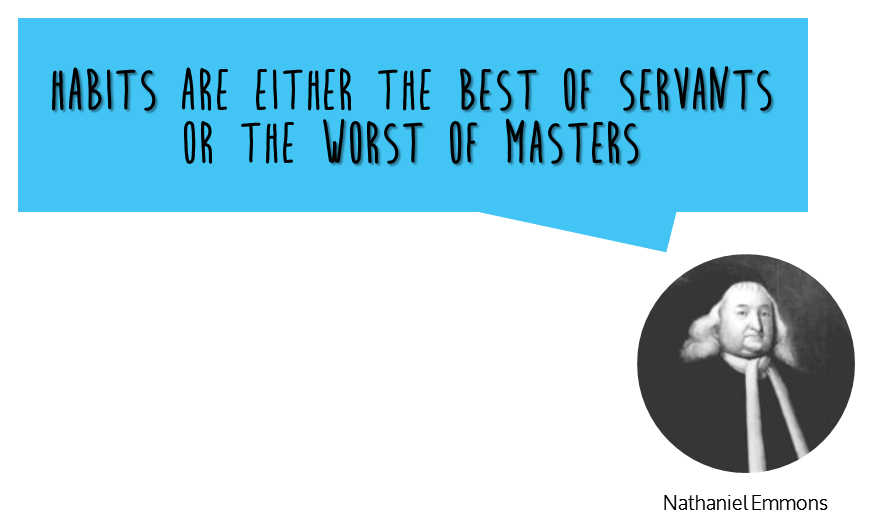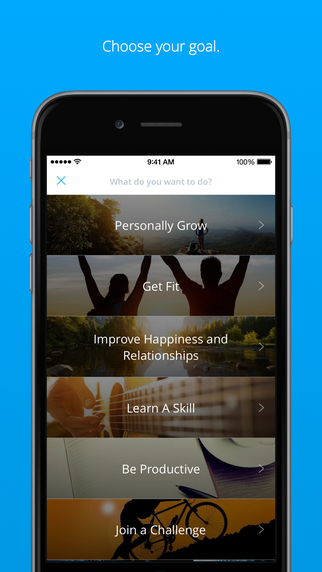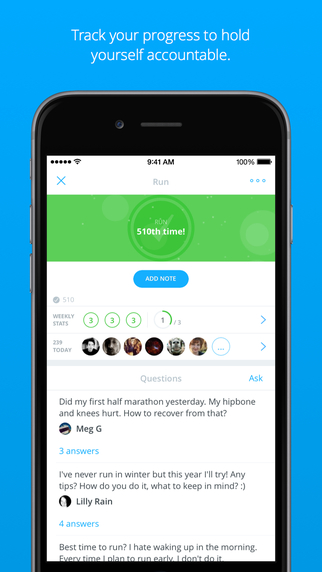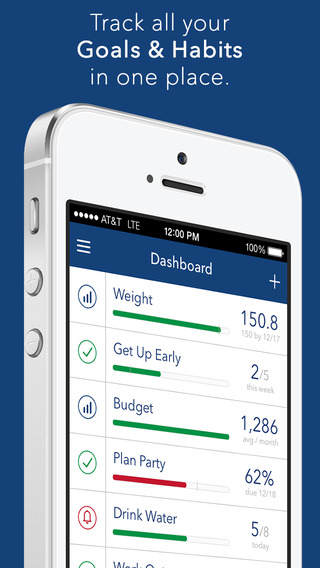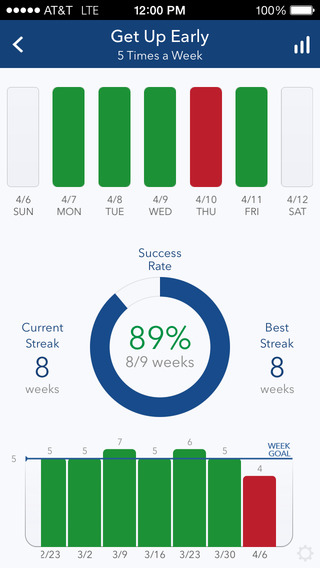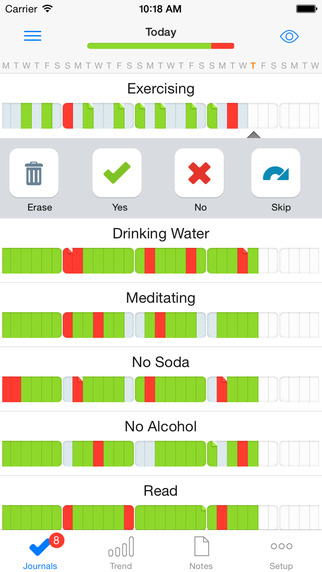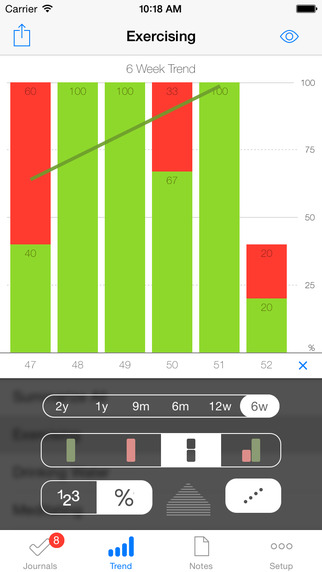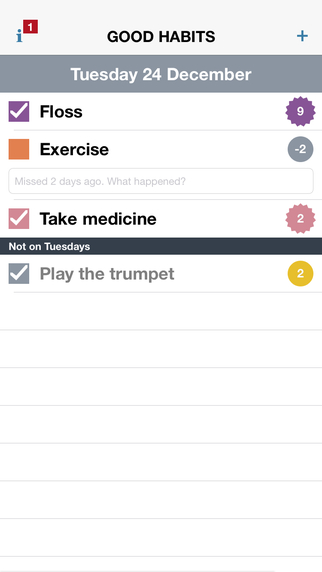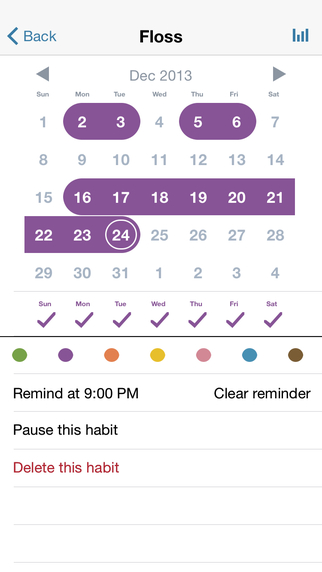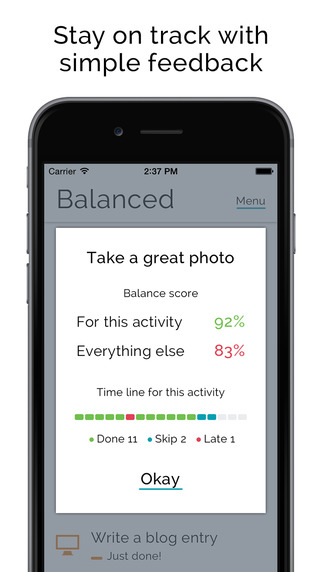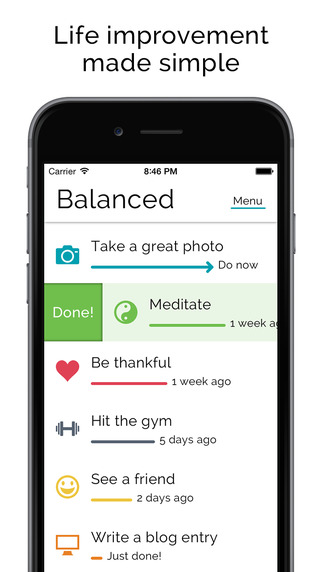Complaining about complaining
Everybody has it, this toxic habit, at least to some extent. Complaining about the weather, the traffic, blaming the economy, that stupid neighbor, the bad internet connection or just life in general – cause life stinks.
This is not how it “should” be. Have you caught yourself complaining that there shouldn’t be all those regulations, the tax system, or you know, just money in general? Rejecting reality can be exhausting, not only for you, but also for the people around you.
Toxic for the brain
 A study from Standford University showed that if exposed to 30 minutes of complaining every day, neurons are damaged in parts of the brain responsible for problem solving and cognitive functioning.
A study from Standford University showed that if exposed to 30 minutes of complaining every day, neurons are damaged in parts of the brain responsible for problem solving and cognitive functioning.
If you are surrounded by people complaining a lot, it becomes more likely that you mimic their behavior. It’s best to think ahead, looking to make the best out of the given to keep full functioning instead of impairing yourself. Even if you are a passive complainer (as in passive smoker) it can be harmful for your mental health.
What is good about complaining anyways?
Research from Clemson University shows: If used effectively, complaining can lead to positive changes in your environment. However, constant criticism isn’t working as people tend to filter out critique of chronic complainers. Awareness of complaining how much, about what and to whom is essential.
As Guy Winch, Ph.D. puts in Psychology Today “Just as ineffective complaining can damage our mental health, complaining effectively and getting results can be incredibly empowering and it can affect our mood and self-esteem for the better.”
Here are some tips on how to break that hidden habit and become more positive instead:
1. Don’t try to change things you simply can‘t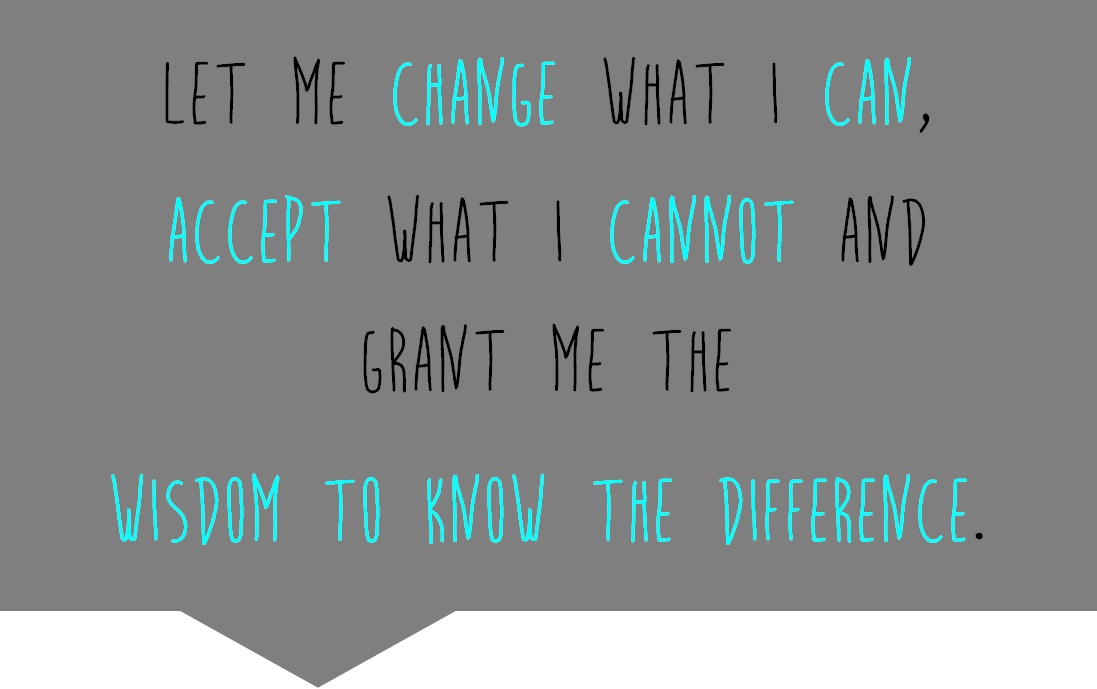
We cannot change the weather, the traffic or the boss’ narcissism. There are things we simply cannot change or control. So it might be helpful to keep this in mind:
“If there is something that you can fix, then there is nothing to worry about. If there is something you can’t fix, then there is nothing to worry about.”
2. Gaze towards the sun
Sometimes we forget about the things we do have and keep complaining about the things we don’t.
In those moments of complaint, reminding yourself of those things you already have and being thankful for them can be very powerful.
Not convinced yet? Make a list of those things you are thankful for or good things that happened and you will see that there is so much more to be thankful and that time spent complaining is a waste of time.
3. Don’t be afraid to make mistakes
Our heaviest complaints often are targeted toward ourselves. Mistakes are there to be made. There is no need to see you as a failure. Notice what happened, learn from it and try something else the next time. Learning from mistakes means to improve yourself.
You are not falling if your are falling forward!
4. Change is the new constant, deal with it!

Life holds lots of surprises and usually it’s full of changes. So learning to adapt to change is key. Try to find other possible perspectives on how to look at the change you are facing. There has to be something positive about it.
What can you find that is good about the situation, about others and about yourself? It is very likely that we don’t see it at first, but spotting the treasure afterwards will be even more satisfying.
5. Communicating instead of judging
Complaining can be a great tool for initiating change. Complaining about that co-worker of yours who treated you in a way you didn’t like, but without telling her your issue, doesn’t help anybody. 
The co-worker will keep doing it without even knowing that you are annoyed by it.
Instead: Try to put yourself in your co-worker’s shoes to understand the reason for the behavior. This way you can decide whether you want to communicate it to her in a solution-oriented and constructive way or whether it’s even up to you to change your own behavior.
6. Be aware of your words
There really are numerous triggers to start complaining, but is it really worth it? If you feel the urge to complain, take a second to pause and ask yourself these three short questions: 1. Is it kind? 2. Is it true? 3. Is it really necessary?
Sometimes we simply need a listening ear. We want someone to be there to know our pain or frustrations. The tricky one here is to be able to talk about it.
3 steps to see things clearly
These three steps can be helpful to see things clearly:
- Make a list: Writing can be a powerful alternative to speaking it out loud. It can help you see your complaints and you might want to rethink them and let them go.
- Schedule: This may sound a little awkward, but sometimes it can be helpful to ‘schedule’ a complaining date. You give yourself 10 minutes time to get rid of all your complaints and tell them to somebody. This will ensure to not lose yourself in your deepening spiral of complaints. With the previous two steps you have basically filtered those to the most urgent and important complaints.
- Action: Now, find out about the complaints you can actually do something about and find a solution-oriented way to communicate it to the right person.
The detox challenge!
I’m up for it! My own 7-day detox program, completely complaint-free. I don’t know about you, but I am complaining way too much. There are certain things that are how they are. So from today on, there will be no more complaints.
Find a friend or challenge partner to keep you accountable for or even better, take on the challenge together. Make sure, you agree on a signal (not as a punishment, just as a signal) you’ll send each other in case a complain slips out – and for sure, this will happen. This might be giving each other a friendly wink (this is what we are going to do), a decent hug or a high five for celebrating that you have made it for a whole hour this time.
Warning: side effects of not complaining are feeling lighter, happier and even more awesome!




